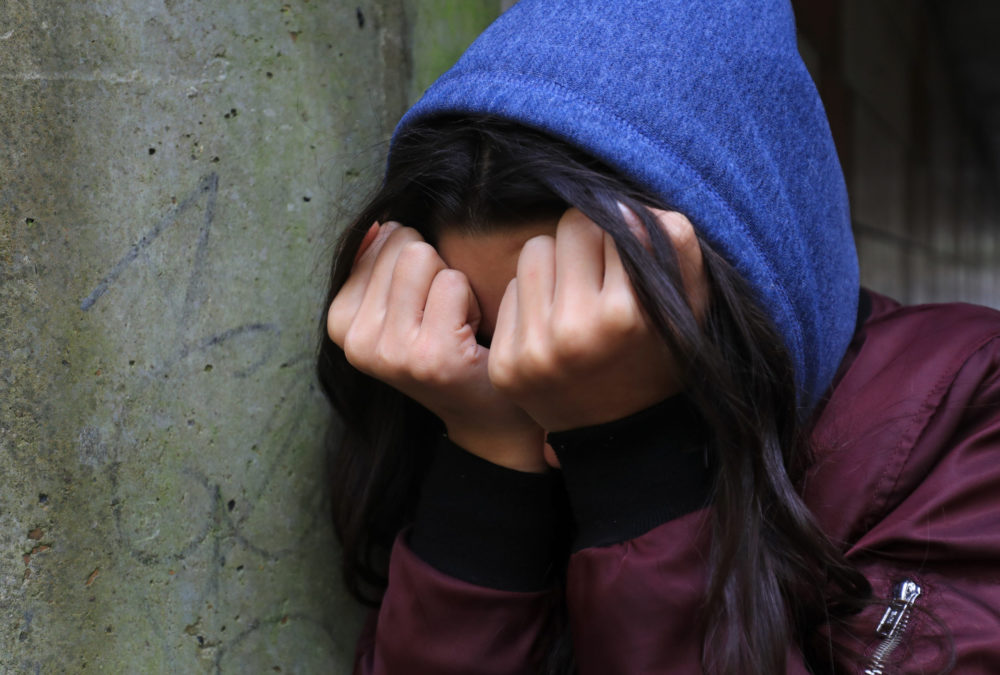Welsh Government must do more to protect Wales’ most vulnerable children

Buffy Williams MS
There are children in our communities whose struggles go unseen. These are the children on the margins—those who go missing, those exploited by criminals, and those without a safe place to call home.
The Senedd’s Children, Young People and Education Committee’s recent inquiry into these issues makes it clear: we are not doing enough to protect these children.
Our report, Children on the Margins, is a story of missed opportunities—opportunities to identify and support at-risk children, to intervene before crises escalate, and to take decisive action when it matters most.
If this and future Welsh Governments implement our recommendations, we’ll make a real difference to the lives of our most vulnerable children.
Harm
Every year, thousands of children in Wales go missing. The scale is shocking. Each missing episode places children at risk of immediate harm. Going missing is an alarm bell for agencies that something is going badly wrong for that child. It might even be a sign that the child is being criminally exploited.
Although the true scale is unknown, we also know that some children in Wales are pulled into criminal activity by exploitative gangs. Each case places a young life at risk.
Some children will not survive the exploitation and abuse they experience at the hands of gangs that target them. Children in care are amongst our most vulnerable, and are much more likely to go missing or to be made homeless.
As our previous work on care experienced children shows, we urgently need radical reform to the care system in Wales. In that report, we made bold, ambitious and specific recommendations.
Scale
We were so disappointed with the Welsh Government’s response to that report, as
Nation.Cymru reported last year, because we believe it failed to grasp the scale of radical change needed to improve the lives of children in the care system and their families.
This new report is the next part of our commitment to shine a light on the challenges faced by our most vulnerable children. We could not have undertaken this work without the brave young people who met with us and engaged with the inquiry. We do not underestimate what it took for them to do so.
Their experience and expertise helped us understand both the personal impact of exploitation, and the systemic failings that make exploitation possible.
For many children, going missing is a distress signal. A way to communicate to the people around them that something is going wrong. Some children, particularly those in care, may feel like they are not being listened to, or what they’re saying isn’t being taken seriously.
Critical
In that context, going missing is an early warning to agencies that a vulnerable child needs support. We have heard repeated and overwhelming evidence that return interviews – a conversation with a trusted adult once a child once returns home – are a critical tool in finding out why a child has gone missing and crucially, what can be done to reduce the chance of it happening again.
So we were surprised when the Welsh Government’s Minister for Children and Social Services told us that there is no consensus over whether the offer of a return interview should be mandatory.
In England, offering an independent return interview to all young people who have been reported as missing has been a statutory duty since 2014. But in Wales, depending on the local authority, they happen inconsistently or not at all.
We call for the Welsh Government to amend legislation to make the offer of return interviews a statutory requirement, with the child having the right to decide which trusted and competent adult should conduct it.
It’s vital that the information learned from those interviews is actually put to use and relevant agencies can act on what is disclosed. We also heard a lot of strong evidence about how good schools are at important early interventions and for providing stability. For many vulnerable children, it’s the only constant in their lives.
So when children are excluded, or don’t attend school regularly, the risk that they’ll be criminally exploited goes up significantly. We heard striking testimonies from frontline charity workers who told us that, with very few exceptions, all of the children that they work with do not regularly attend school.
The young people with experience of being exploited told us that being excluded from school was the single thing they were most angry about. There was also evidence of good work schools were doing in places.
Challenge
We understand the challenge for schools of balancing difficult behaviour, including violence towards other pupils and school staff, with the needs of the individual child. It’s not easy to juggle all of these complicated factors, especially given the resourcing challenges that many schools face.
This is where the Welsh Government can do more. We need clear guidance across Wales so that teachers know exactly where to find that balance and can see evidence on the most effective ways to support vulnerable children to stay in school.
These are just a few examples of the things we can do to protect vulnerable children. In total, the report has 23 recommendations for how we can stop wasting the opportunities to help.
We ask the Welsh Government to consider the painful experiences in the stories we heard from young people and start making changes as soon as possible.
Buffy Williams is the Chair of the Children, Young People and Education Committee.
Support our Nation today
For the price of a cup of coffee a month you can help us create an independent, not-for-profit, national news service for the people of Wales, by the people of Wales.





